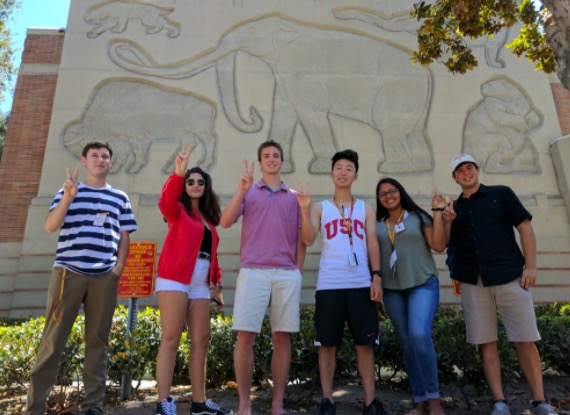艺术课程
选择课程 左右滑动选择
经济市场、货币和财产的哲学
course description
We'll think a lot about money in this course. What is it, and what is its place in the well-lived life? What does ethical investing look like? Should we gamble with our money? Must we give to charity? What are the moral risks and benefits of cryptocurrencies? What sorts of lending practices are morally acceptable?
Money is one piece of a much larger market system, and there are lots of interesting philosophical questions to ask about markets themselves. What sorts of things should, or should not, be for sale? What sorts of markets are best? To what extent should the government control the marketplace? What is the best measure of economic health? Do nations have an obligation to trade with one another?
We use our money in the marketplace to obtain resources—to come to own things. But what is ownership? What sorts of ownership regimes are possible? What sorts of ownership regimes are best? Is there a limit to how much anyone should own? What things should be publicly owned, and what things should be privately owned? How should societies rectify theft from the distant past?
Learning Objectives:
- Understand, construct, and evaluate arguments
- Compose clear, concise, and persuasive college-level, argumentative essays
- Understand important philosophical debates about markets, money, and property
- Critically evaluate different market and property systems
- Make informed contributions to real-world debates about how we might improve our real-world market and property systems
- Critically evaluate your own relationship to markets, money, and property
Highlights:
- Engagement with scholarly work from a range of disciplines, to include economics, law, logic, and (especially) moral philosophy
- Engagement with non-scholarly mediums such as short fiction, film, and social media
- Participation in a variety of class mediums, to include lectures, discussions, friendly debates, student presentations, and in-class, collaborative projects
- Development of university-quality argumentative essays
- Guest speakers
Topics of Study include: Philosophy, Economics, Logic, Law, Rationality, Decision Theory, Property, Gambling, Investing, Wealth and Money, Contracts, Lending Practices, Cryptocurrencies, Distributive Justice, Equality, Liberty.

课程介绍
在这门课上,我们讨论很多关于货币的问题。货币是什么,它在幸福生活中的位置是什么?道德投资是什么?我们应不应该用金钱去赌博?我们是否需要给慈善机构捐款?加密货币的道德风险和好处是什么?什么样的借贷行为在道德上是可以接受的?
货币是一个更大的市场体系的一部分,关于市场本身有很多有趣的哲学问题。什么东西应该出售,什么东西不应该出售?什么样的市场是最好的?政府应该在多大程度上控制市场?衡量经济健康的最佳标准是什么?国家之间有义务进行贸易吗?
我们在市场上用货币来获得资源。但所有权是什么?什么样的所有权制度是可能的?什么样的所有权制度是最好的?每个人应该拥有多少财产有限制吗?什么东西应该是公有的,什么东西应该是私有的?社会应该如何纠正遥远过去的盗窃行为?
学习目标:
- 理解、构建和评估论点
- 撰写清晰、简洁、有说服力的大学水平议论文
- 理解关于市场、货币和财产的重要哲学辩论
- 严格评估不同的市场和财产系统
- 在现实世界的辩论中,就如何改善现实世界的市场和产权系统作出明智的贡献
- 批判性地评估自己与市场、金钱和财产的关系
课程亮点:
- 参与经济学、法学、逻辑学和道德哲学学家的项目;
- 接触非学术媒体,如短篇小说、电影和社交媒体;
- 参与各种课堂形式,包括讲座、讨论、友好辩论、学生演示,以及小组项目;
- 培养大学级的议论文技巧;
- 参加嘉宾演讲;
课程主题包括:哲学、经济学、逻辑学、法学、理性主义、决策理论、财产、赌博、投资、财富和货币、合同、贷款、加密货币、分配正义、平等、自由。
课程时间:6.19-7.16
入学资格:
- 在线申请
- 推荐信
- 成绩单
- 托福


